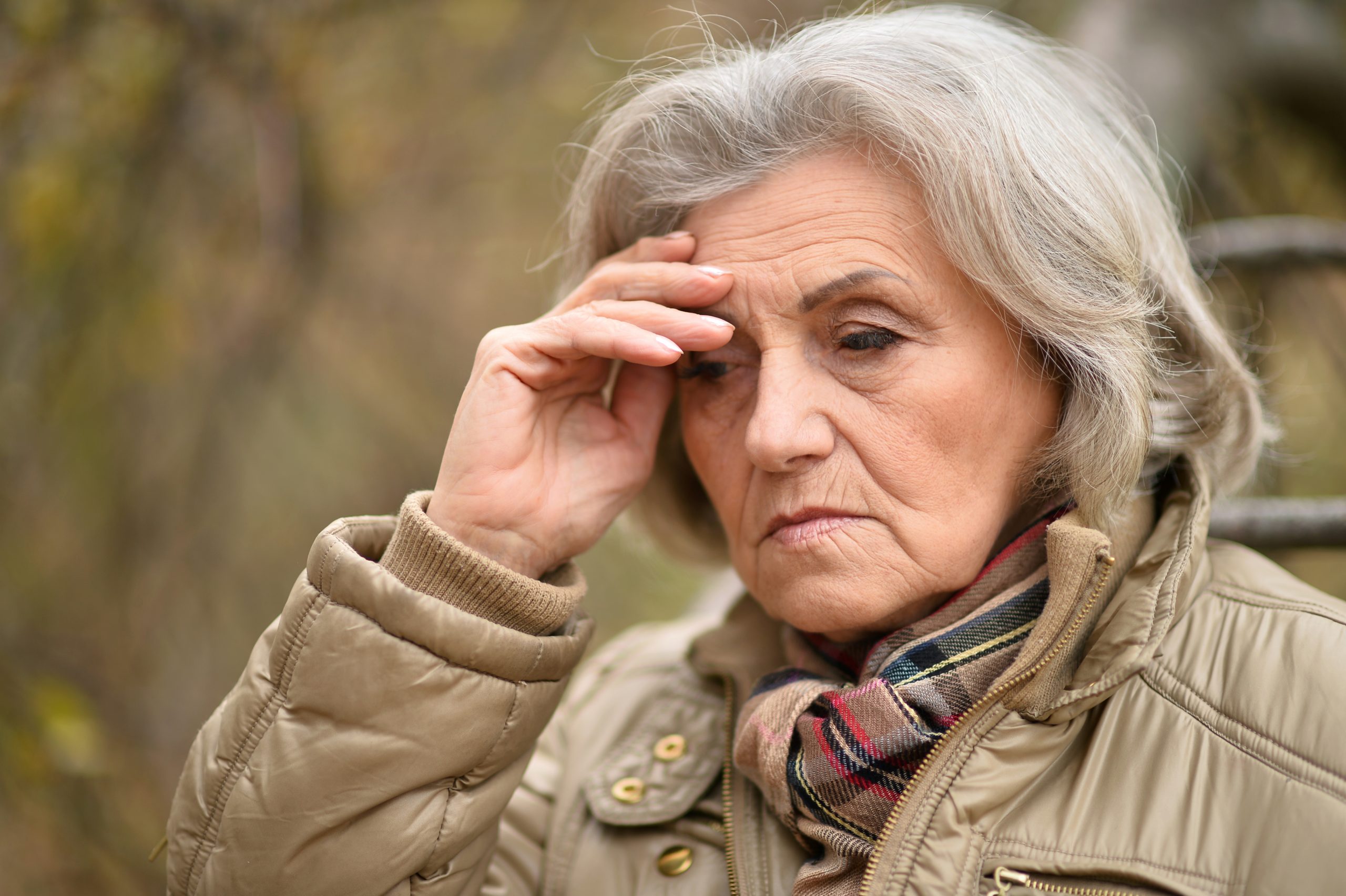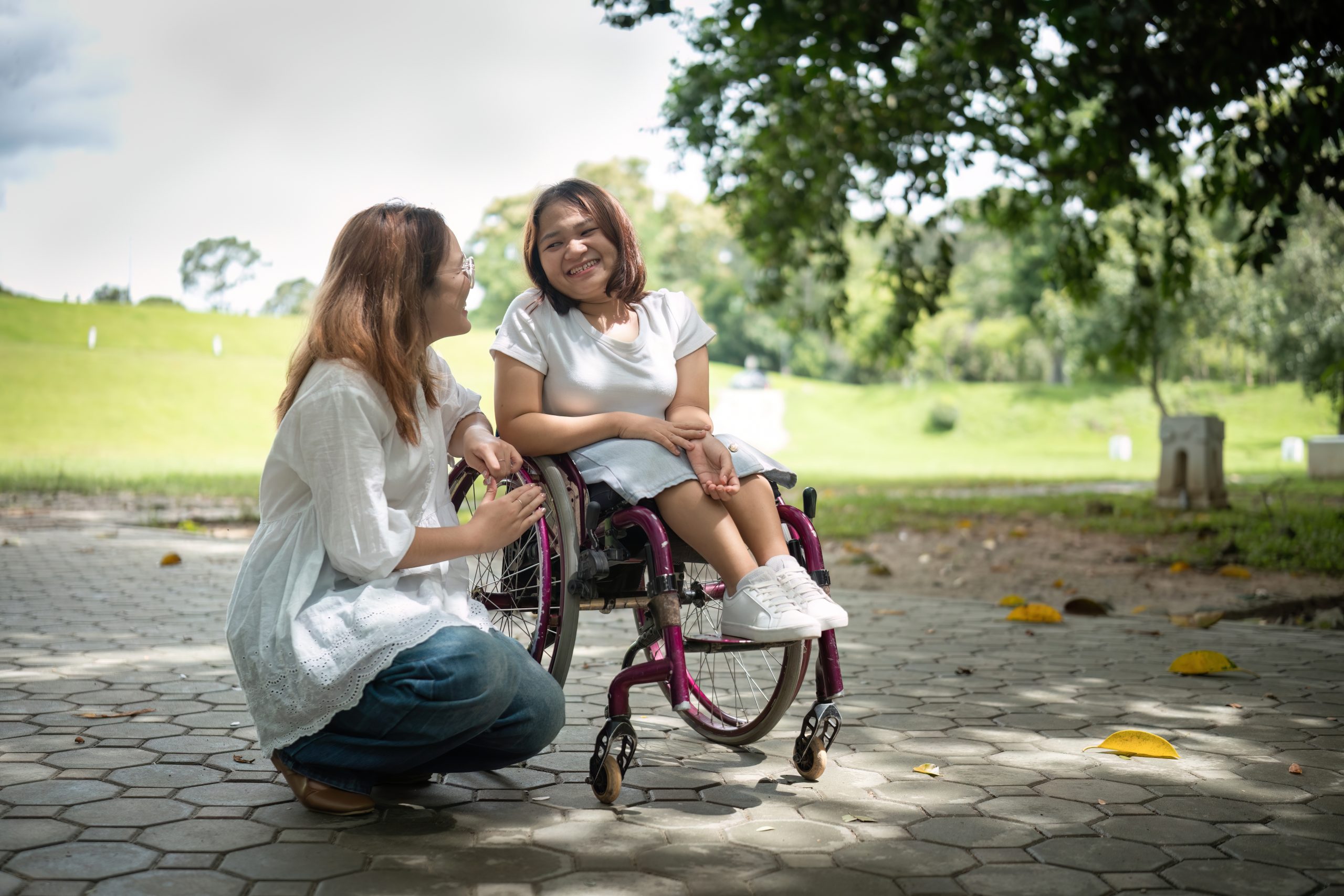Care. What does that mean? To me, it is making an individuals needs a priority. Those of us who instinctively care for others… we overlook one important person: Ourselves. As caregivers for family, we can get overwhelmed and develop “burn-out”. Lack of self-care can cause us to become overwhelmed and burnt out.
How do we prevent being overwhelmed? I always recommend setting time aside for yourself. Time aside can be as simple as going for a walk or going out with friends. Time aside is important for emotional and mental health. Unfortunately, some individuals feel a sense of guilt when they take time for themselves. This should not be. We all needs help from time to time in our lives. When we need help, it’s hard for some people to ask. I’m also guilty of that. Here are some things that I have learned.
1) Family and friends WANT to help, just as I want to help others. It brings me joy to help others, and I am withholding that joy from my friends by not asking for help or not allowing them to do so.
2) It may be temporary, like having a baby or having a surgical procedure, but everyone needs help sometimes.
3) If I am not giving myself care, then I’m not giving my best self to my friends, family, or clients. I need to be my best and healthiest self, mentally and physically.
When families need to hire caregivers, they often feel this guilt. It is healthy to accept help in these circumstances. Take time for your hobby, exercise, or learn something new! Having help in times of need is critical to self-care.
So, ask for help. Accept help when offered. It’s more than okay, it’s necessary. And do something for YOU today!









